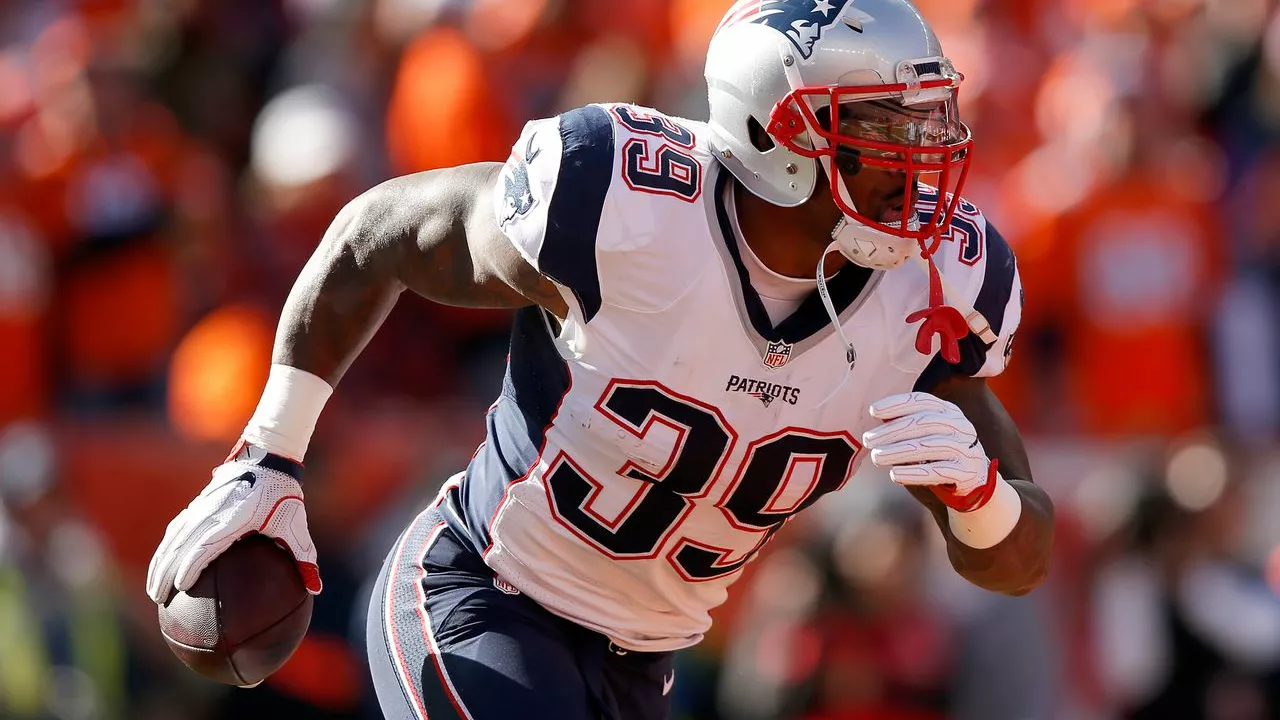Grasping the Intricacies of NFL Player Contracts
Before exploring if NFL teams are obligated to fulfill the contracts of released players, it's essential to comprehend the fundamental structure of NFL player contracts, which is not quite like "do my homework " tasks. These contracts are intricate, often spanning several years and comprising large monetary values. They typically include base salaries, signing bonuses, roster and workout bonuses, and performance-based incentives. When a player gets cut, the financial repercussions for the team can vary widely, hinging on the specifics of the contract and the timing of the cut.
Guaranteed versus Non-Guaranteed Money
' Guaranteed money is a crucial concept in NFL player contracts, representing the funds a player is assured of getting, irrespective of what transpires during the contract period, such as injuries or being released from the team. The remaining part of the contract typically comprises non-guaranteed money, which the player earns only if they stay with the team and fulfill certain conditions.
The Financial Repercussions of Releasing a Player
When a player gets cut, the remaining segment of their base salary for the ongoing and forthcoming years is invalid. However, any unpaid guaranteed money must still be compensated by the team. For instance, a signing bonus in a player's contract is generally paid upfront but prorated for salary cap reasons. If the player gets cut, the residual prorated amount accelerates onto the current year's salary cap.
Understanding Dead Money and Cap Hits
'Dead money' is a term used to denote the guaranteed money a team must pay a cut player. This sum still contributes to the team's salary cap, despite the player's absence from the team, leading to what's known as a 'cap hit.' The magnitude of the cap hit can vary substantially, depending on the structure of the player's contract and the timing of the cut.
The June 1st Rule
The NFL allows teams to spread the cap hit from cutting a player over two years if they classify it as a June 1st cut. While this can aid teams in managing their salary cap more efficiently, it also necessitates carrying the player's complete cap number until June 1st. Post this date, the current year's base salary is written off, but the remaining prorated bonus money accelerates onto the next year's cap.
Effects on the Player
Cutting can lead to substantial financial implications for the player. They might still be in a solid financial position if their contract comprised a large sum of guaranteed money. However, if the bulk of their contract was non-guaranteed, they could lose substantial money. Furthermore, they will need to seek a new team to carry on their NFL career.
The NFL Players Association's Role
The NFL Players Association (NFLPA) plays a pivotal role in the player contracts and release process. They negotiate the collective bargaining agreement with the NFL, which lays down the rules for player contracts, including those concerning cuts. The NFLPA also offers resources and support to players who have been cut.
Noteworthy Examples
Several high-profile instances of NFL teams cutting players and the subsequent financial fallout offer real-world examples of how the rules and principles discussed in this article come into effect.
Wrapping Up
To conclude, whether NFL teams are required to fulfill the contracts of cut players depends on the specifics of their contracts and the timing of their release. The critical takeaway is that the contract's structure and the amount of guaranteed money can significantly influence both the player and the team.






